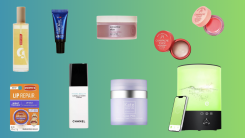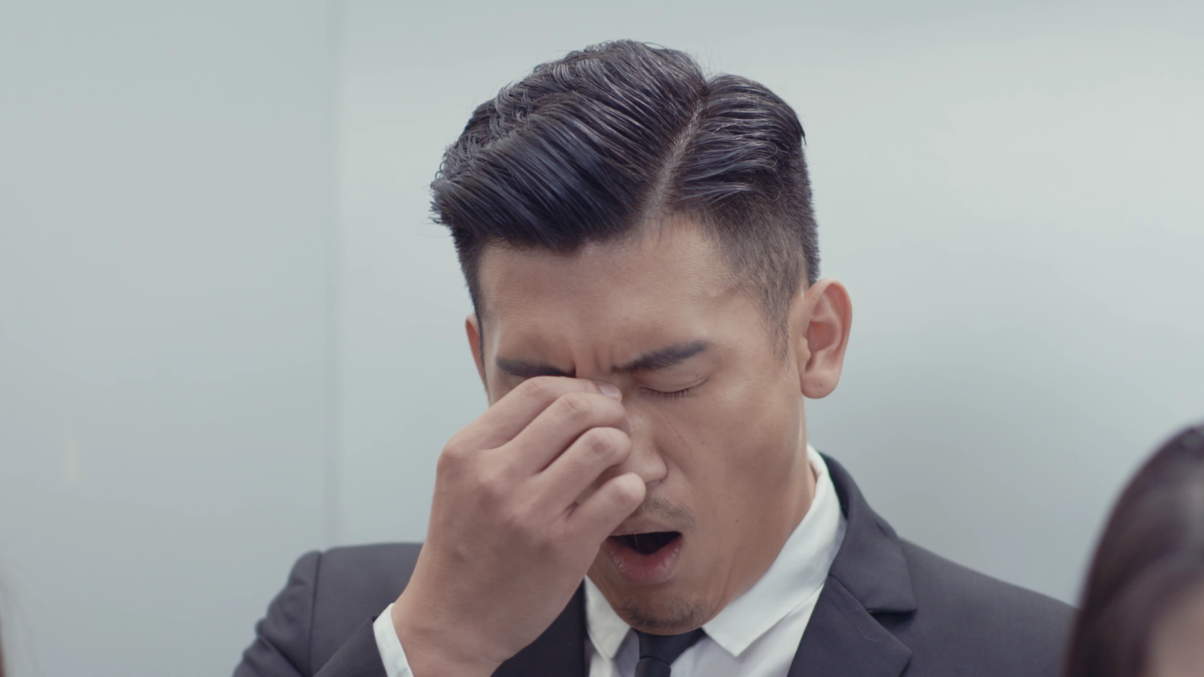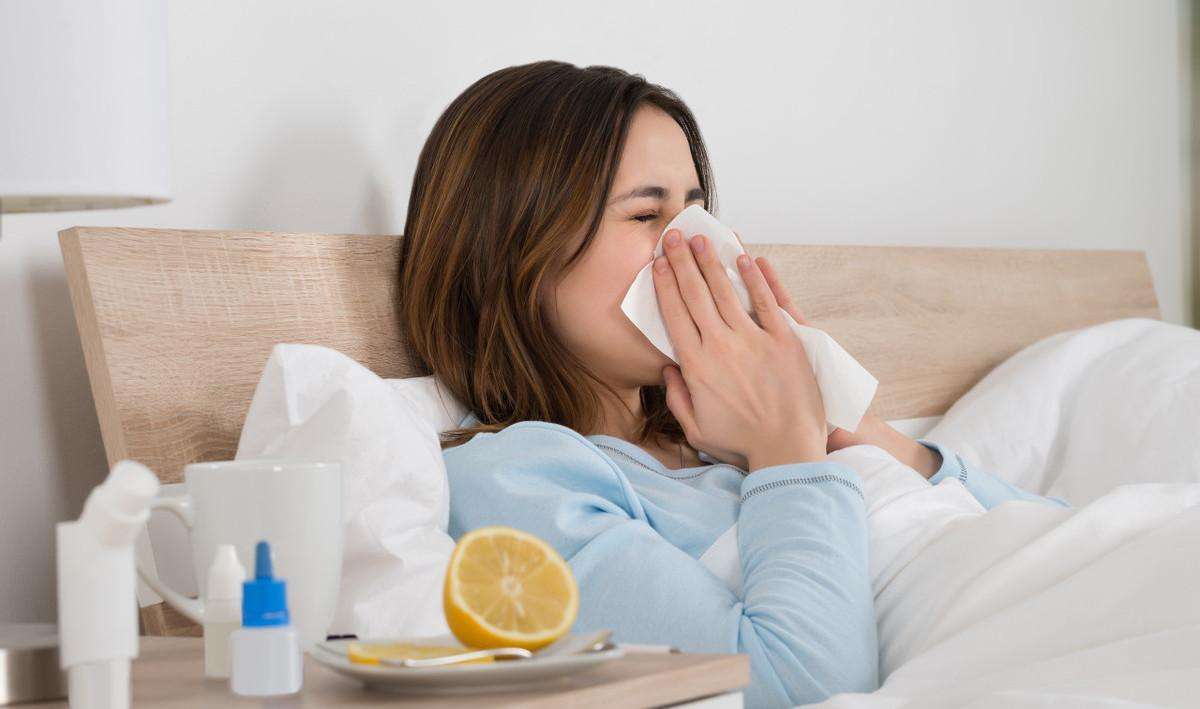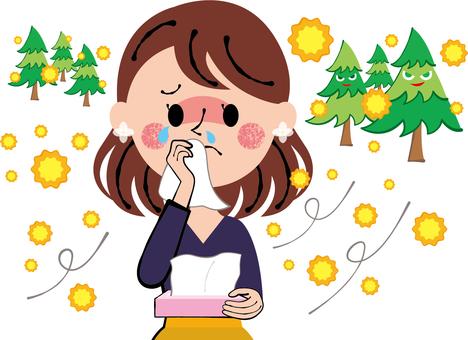Nurture your heart before your mind! Experts teach you heart-healthy tips
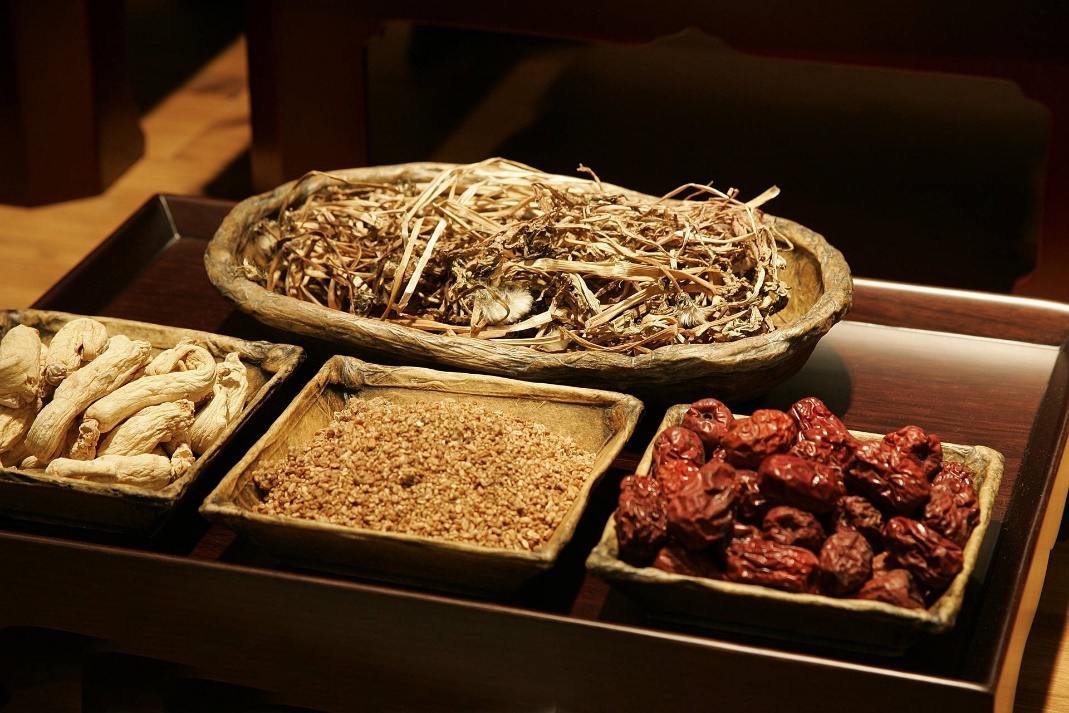
The human body is made up of the five internal organs, six internal organs, the body and the organs. The organs and tissues of the viscera are structurally connected to each other and form an organic whole, with the five viscera as the centre and through the meridian system, which “belongs to the internal organs and is externally connected to the limbs”.The Five Organs are collectively known as the liver, heart, spleen, lungs and kidneys. In the doctrine of meridians, the pericardium is also used as a dirty, so it is also called the six dirty. The five viscera produce and store essence, and are capable of harbouring the spirit, and have their own functions, coordinating with each other to maintain the process of life. The six internal organs are the general term for the gall bladder, stomach, small intestine, large intestine, bladder and triple jiao. The six internal organs receive and transform water and grain, and are used to pass through and descend. The internal organs are inseparable from each other in terms of structure, coordination and mutual use in terms of function, and mutual influence in terms of pathology. At the same time, the physiological functions and pathological changes of the human body are influenced by the natural environment and social conditions.
The main physiological function of the heart is to “master the blood and veins, and to hide the gods”, with the role of mastering the entire life activities of the human body, so the heart is called “the official of the sovereign”, “the great master of the five viscera and six internal organs”. The heart is found in the body and the pulse, its flamboyance is in the face, its orifice is the tongue, its will is joy and its fluid is sweat. The five elements are fire, which corresponds to the natural summer energy.
The heart is the master of blood, including the heart’s master of blood and the master of the veins. The heart qi drives the blood to transport nutrients to the organs and organs of the body. Heart Qi drives and regulates the pulsation of the heart and the expansion and contraction of the vasculature, so that the vasculature is open and the blood flows smoothly. The heart is the master of the blood vessels, which means that the heart qi drives and regulates the flow of blood in the veins, injecting the whole body and playing a nutritive and nourishing role. The heart is in the body and the veins are the house of blood, which is the channel that holds and transports blood. Blood is the carrier that supplies nutrients to the organs and organs of the body. The heart, the veins and the blood are closely linked and form a blood circulation system. For the blood to function properly in the veins, the basic condition is that the heart is full of qi, the blood is full and the veins are open.
The heart contains the spirit, also known as the master of the spirit or the master of the spirit, refers to the heart dominates the life activities of the human body, has the command of the whole body organs, meridians, the body, the physiological activities of the orifices and the master of the spirit, consciousness, thinking, emotions, emotions, personality and other mental activities of the function.
The heart’s vital energy can be seen in the colour of the face. The heart is open to the tongue, so the strength and weakness of the heart’s essence and its changing functions can be reflected by changes in the tongue. The heart’s physiological function is related to the desire to be happy. The heart’s fluid is sweat. The heart essence and heart blood are the source of sweat production, and the production and excretion of sweat are closely related to the heart blood and heart spirit. The heart is connected to the summer qi. In summer, the body’s yang energy is strong and the vitality is at its peak. Extending the time spent outdoors in summer allows the body and mind to conform to the state of Yang energy, allowing the heart’s functions to expand to their fullest potential. “Winter illnesses are treated in summer”, when internal and external yang energy is in full bloom, and when the internal and external yang energy is in full bloom, conditioning the body can receive twice the result with half the effort.
Nourishing the heart, nourishing the mind first.
Nourishing the heart is essentially nurturing the mind, which is the soul of the entire health care system. The heart is the master of the mind, so try to keep your heart calm and peaceful at all times, without being overjoyed or worried. Maintain the heart’s pure and clear nature, so that it can play its role as the master of all things. Maintain your heart and mind by keeping your appetite in check. Think less, analyse things rationally and avoid unnecessary worries. To maintain an optimistic, happy, calm and serene state of mind and to resolve bad emotions.
There are many ways to nourish the mind. Close your eyes to nourish your mind, close your eyes to eliminate outside distractions and to help relieve fatigue. Sleeping to nourish the mind puts the brain at rest, reduces the body’s load, builds up energy and restores physical fitness. The elderly can sleep for 6-8 hours a day to ensure normal activities throughout the day and achieve the purpose of nourishing the mind. Recreation nourishes the mind by developing personal interests and interacting with people, such as playing chess, fishing, dancing, etc. This will help to mobilise some of the nerves that don’t work as often as they should, so that the nerves can be fully active and the mind can be nourished.
Heart health, focus on exercise.
A moderate amount of physical exercise, such as walking, brisk walking, jogging, taijiquan, bajuanjin, cycling, swimming, etc., can enhance the function of the heart and promote the health of the cardiovascular system.
It is important to note that exercise should be moderate, and people with a bad heart should not exercise in the early morning. Pay attention to the combination of work and rest and develop good lifestyle habits. Take a lunch break between 11pm and 1pm, which corresponds to the heart meridian and helps to nourish the heart. Increase and decrease clothing in time for the change of seasons. Elderly people with a history of high blood pressure and heart disease should not use excessive force when defecating, and should not keep doors and windows closed for too long when bathing to avoid lack of oxygen.
Diet is beneficial.
Eat less salt and salty foods and medicines. The Yellow Emperor’s Classic of Internal Medicine says: “If you eat more salt, your veins will weep and change colour. If you eat more salt, you will be sad. Salty tastes nourish the kidneys. Salty foods refer to natural salty foods such as kelp, seaweed and seaweed, rather than eating more salt, which are connected to kidney qi and can nourish kidney essence and soften hardness and disperse knots. However, more salt is prone to sadness. Salty flavours make the kidney qi too strong and restrain the heart qi, damaging the function of the heart, which can cause blood vessels to clot and darken the face. Especially for those with heart problems, they must eat less salt.
Eat bitter foods in moderation, such as bitter melon, bitter chrysanthemum, dandelion, lotus heart and bitter tea. Bitter foods are rich in alkaloids, amino acids, bitters and vitamins and other nutrients, which have the effect of reducing summer heat, removing irritation and calming the mind. For people with high heart fire, irritation, red eyes, sores on the mouth and tongue, and insomnia, eat bitter foods such as bitter melon and lotus seeds (without the heart) to lower heart fire.
Eat red foods in moderation, such as tomatoes, carrots, red peppers, strawberries, red apples and dates. Red foods are rich in lycopene and ellagic acid, which have antioxidant and anti-inflammatory effects and provide the body with protein, minerals, vitamins and goose bumps, which help to strengthen heart function. According to Chinese medicine, red is the colour “fire”, which goes well with the heart. It has a beneficial effect on Qi and replenishes blood.
Please take advantage of these tips to nourish your heart.
I. Tea substitutes.
1、Spring pulse drink.
Take this drink as a substitute for tea with the appropriate amount of Radix et Rhizoma Ginseng, Mai Dong and Wu Wei Zi.
Effect: Benefiting Qi and restoring the pulse, nourishing Yin and generating fluid. It is suitable for those who suffer from Qi and Yin deficiency, palpitation and shortness of breath, weak pulse and spontaneous sweating; summer heat depletes Qi and Yin, spontaneous sweating, fatigue, dry throat and thirst. It is particularly suitable for those with coronary heart disease, arrhythmia and neurasthenia who suffer from deficiency of Qi and Yin.
2、Bamboo leaf, maitong and lotus seed tea.
Bamboo leaves, maitong and lotus heart can be taken as tea.
Effects: Clearing the heart and dispelling fire, removing annoyance and calming the mind. It is suitable for those who suffer from summer fire, heart trouble, insomnia and red urine.
3、Longan jujube nut nourishing tea.
Longan meat, sour date kernel appropriate amount of tea drink.
Effects: Nourishing the heart and replenishing blood, nourishing the heart and calming the mind. It is suitable for those who suffer from deficiency of qi and blood, neurasthenia, insomnia and dreaminess.
Second, nourish the heart and calm the mind foot bath formula.
Sour date seeds, poria, Zhi Mu, Chuanxiong, licorice in appropriate amounts, add water and decoct, pour the soup into a basin, soak both feet at a water temperature of about 40 degrees, once before bedtime. It is suitable for those who suffer from deficiency of heart blood and insomnia and dreaminess.
Three, acupoint massage method.
1、Massage Shen Men.
Shenmen point in the wrist, located at the ulnar end of the distal transverse stripe of the palm surface of the wrist, the radial edge of the wrist flexor tendon on the ulnar side. The Shen Men point is the original point of the Shao Yin Heart meridian, and can treat palpitations, insomnia, heartburn, heartache, chest pain and other ailments.
Massage method: use the left thumb to press the Shen Men point on the right side with a little force, to the extent of soreness, alternating with 30 presses.
2、Massage the Neiguan point.
Nei Guan point in the distal palmar surface of the wrist on the transverse stripe 2 inches, located between the long palmar tendon and the radial wrist flexor tendon. It can treat palpitations, chest tightness, chest pain, hypochondriac pain, stomach pain and many other conditions.
Massage method: use the left thumb to press the right side of the Neiguan point with a little force, to the degree of soreness, press and rub 30 times alternately.
3, massage the point of the labor palm Chung Quan.
Before going to bed at night, you can massage the palm of the hand of the Laogong point, the palm of the foot of the Yongquan point, can promote the heart and kidneys to improve sleep.
Four, breathing and exhaling method.
The Six Character Breathing and Nana Method is a method of health care passed down from ancient times in China. The method can strengthen the internal tissue function of the human body, through breathing guidance, fully induce and mobilize the potential ability of the internal organs to resist the invasion of disease, to prevent premature aging as people grow older.
The “Heh” method helps the heart to maintain its health. The method regulates the heart’s qi and is effective in treating palpitations, insomnia and excessive dreaming.
How to practice: Stand in a standing position with your feet apart, shoulder-width apart and your arms hanging naturally. When you inhale, raise both arms with the inhalation, cross your arms and raise them above your head, silently chanting “Heh”. When you exhale, lower your hands back into place. Practice 30-60 breathing cycles at a time.
